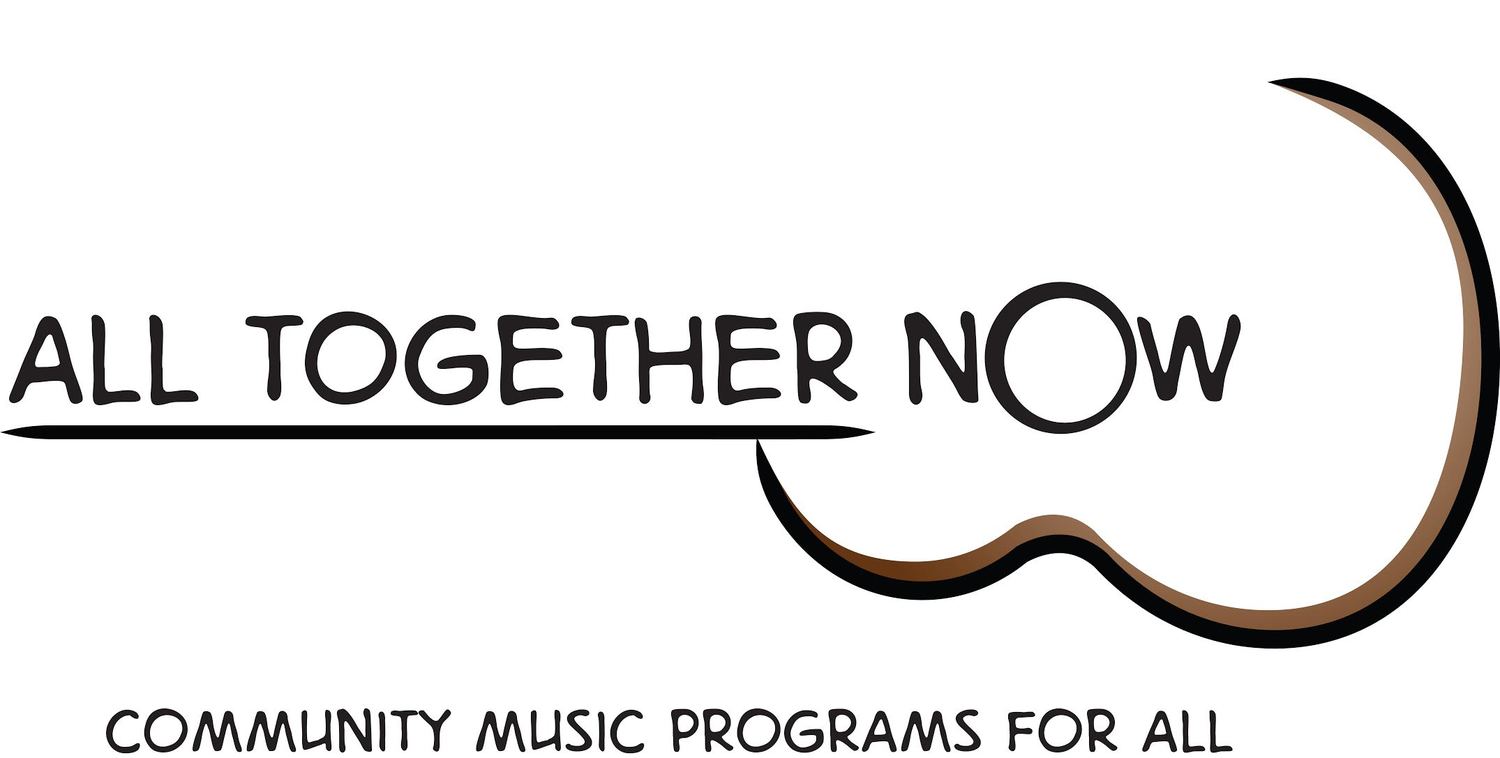"where words fail, music speaks" - Hans Christian Anderson
How music can help individuals with special needs:
- Research supports the ability of music to improve memory, communication, and social skills
- Music provides a fun and motivating way to tackle challenging or repetitive tasks
- Singing and rhythm provide a way to help the pacing and articulation for speech that is difficult to understand
- The inherent rhythmic patterns in music can provide a timing cue to improve motor skills.
- Passion for music and performance provides opportunities for a lifelong way to use leisure time productively, cultivate talents, and socialize with others
The Music and Autism Connection:
Singing can be an in-road to promote early speech by helping children access new neurological pathways.
- Music is at its core a structured way to present information. Melodic and rhythmic patterns give students with autism a way to organize auditory information and help memorize scripts, task sequences, and academic facts.
- Music can help individuals with autism make social and family connections through a mutual shared interest.
- Music is a creative medium that can offer a motivating and safe way to explore more flexibility and spontaneity.
